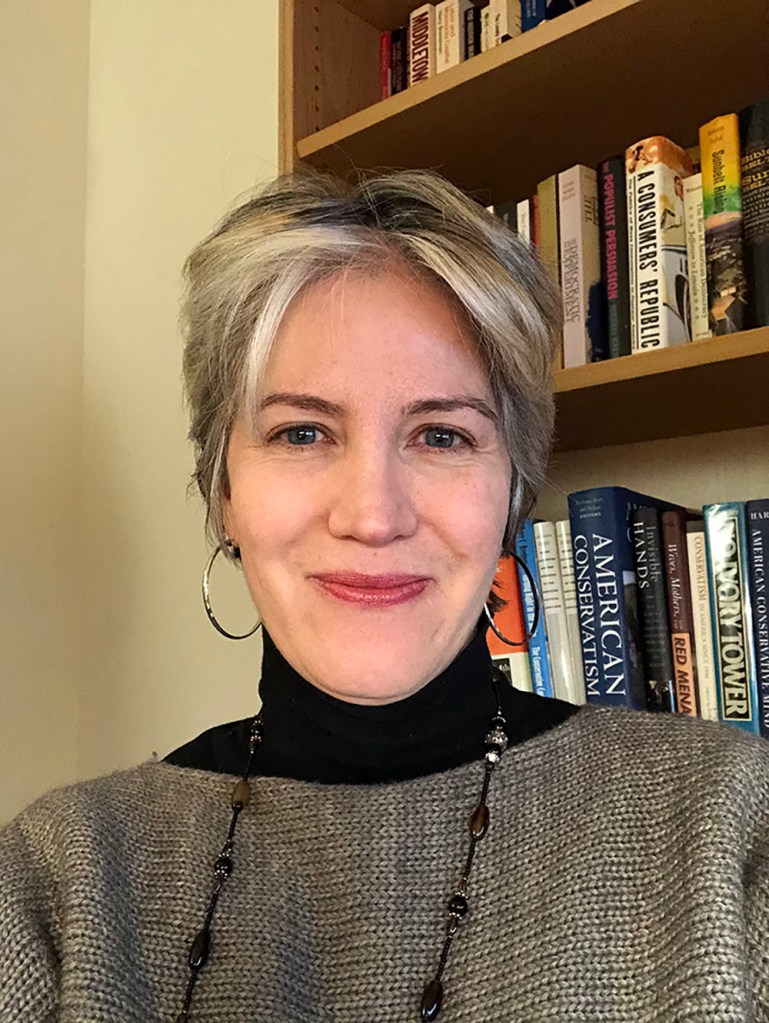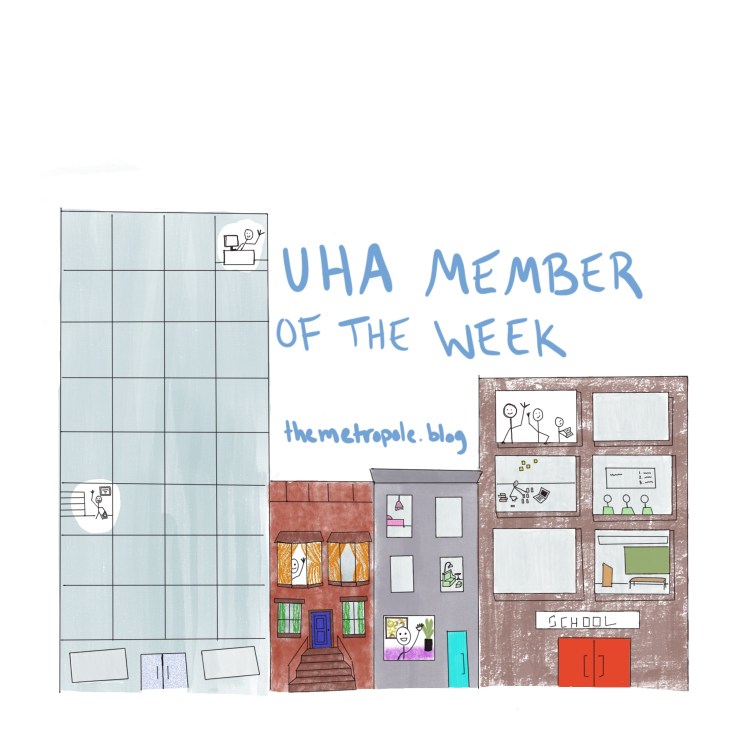
Michelle Nickerson
Associate Professor of History
Loyola University Chicago
Describe your current research. What about it drew your interest?
I am currently finishing a book called Spiritual Criminals: How the Camden 28 Put the Vietnam War on Trial about a group of activists in the long 1960s who raided a draft board to disrupt the conscription of American men and the overall work of war-making. It interests me as one of many political actions undertaken by the “Catholic Left,” a sub-movement of Vietnam Resistance. This is where Catholicism meets radicalism. The trial of this group was historic in so many ways. It was the most successful political trial of the twentieth century that no one has ever heard of. I am not the first person to underscore how “spiritual” the sixties were, but my work digs deep into Catholic theology as one way of revealing the intersections of religion and politics on the left. With gender analysis, I show how the Catholicism amplified the patriarchy in the movement, even as the many female activists reshaped what it meant to be a Catholic woman in America. I am also interested in the racial segregation of the many overlapping movements that transformed U.S. politics in this period. My study is attentive to the built environment of rust-belt America, the setting of the movement. The processes of deindustrialization and white flight played a fundamental role in the formation of political consciousness in the Catholic Left.
Describe what you are currently teaching. How does your teaching relate to your scholarship?
I am currently teaching the U.S. history survey (Civil War to the present), which I teach every semester, and an upper-level undergraduate class called “Rebels and Reformers in American History.” In both classes I bring the focus on urban/suburban history, gender and sexuality, and political movements into many lectures and discussion. In the old school way of social history, I try to talk as much as possible about the lives of ordinary people and marginal actors (marginal from traditional accounts), since that is what attracted me to the profession in the first place. Undergraduate history at Rutgers University opened the world to me, which is what I try and do for my students.
What recent or forthcoming publications are you excited about, either of your own or from other scholars?
I just reviewed these 3 books for Reviews in American History, which I highly recommend:
- Lauren R. Kerby, Saving History: How White Evangelicals Tour the Nation’s Capital and Redeem a Christian America. Chapel Hill: University of North Carolina Press, 2020.
- Catherine McNicol Stock, Nuclear Country: The Origins of the Rural New Right. Philadelphia: University of Pennsylvania Press, 2020.
- Paul Matzko, The Radio Right: How a Band of Broadcasters Took on the Federal Government and Built the Modern Conservative Movement. New York: Oxford University Press, 2021.
I am also excited by two books that will be out soon, Edward Miller’s soon-to-be-out A Conspiratorial Life about Robert Welch, leader of the John Birch Society, and two new books (finally) about Fannie Lou Hamer, that just came out: Until I am Free by Keisha N. Blain and Walk with Me by Kate Clifford Larson, but was recently reviewed in the New York Times. This is not a book, but I also urge historians to see the new documentary My Name is Pauli Murray. I just showed it to my students and they loved it, as did I.
What advice would you give to students, both undergraduate and graduate, who are interested in urban studies and just starting out their careers?
I think it is a great idea to get involved in a crowd-sourcing or volunteer project that will get you started in doing the work of urban studies, like Mapping Prejudice.
Member of the Week series co-editor Alec Dawson continues the conversation with Michelle Nickerson in this audio interview, with a discussion about her particular interest in conservative activism and her current project, which considers different forms of social protest:


